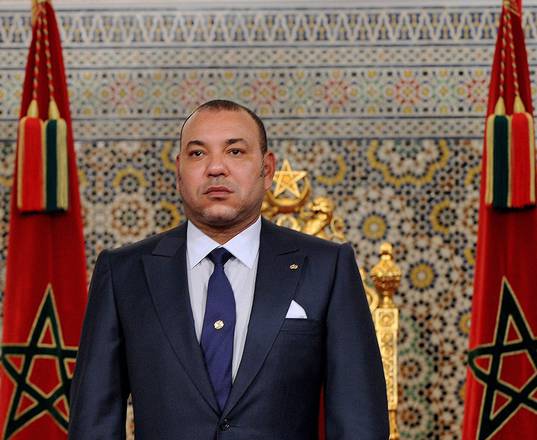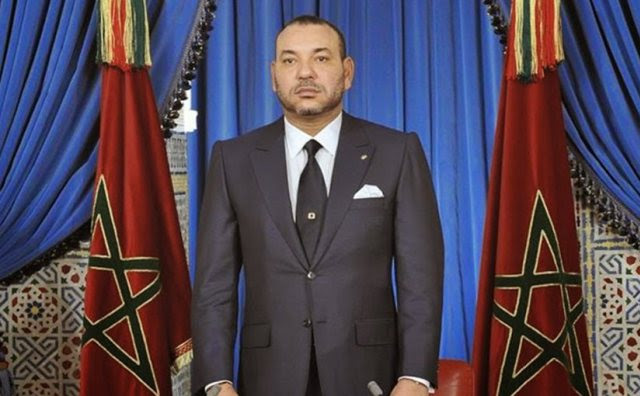ANSAmed
Morocco’s king Mohamed VI (archive)
Over 7,000 participants from 95 countries came to Marrakesh this week for four days of debates and meetings as part of the World Forum on Human Rights that ended on Sunday.
Morocco pledged during the forum to ratify the International Convention against Torture, confirmed its engagement with the protocol on child rights and said it would be bringing in a law that would take into consideration the hours worked by women in the home for pension purposes as well as a law against violence against women. The last issue is of special urgency, as the latest data show that some six million Moroccan women between the ages of 18 and 64 have suffered some form of violence: 62.8% of women in the country.
Over one hundred issues were discussed in four intense days, during meetings taken part in by 160 associations at locations across the city. A media code that would revise norms on freedom of expression in the country to help journalists and improve the quality of the information available to the public is also now in the pipeline. About one hundred activists from Moroccan associations that demanded to be heard conducted a protest and refused to take part in the forum.
In his opening remarks, King Mohammed VI implied that the convention against torture shows that a more open mentality may even lead to a revision of the death penalty, noting that he was ”happy with the debate raised on the issue”. The third day focused on the most hotly debated issues, including corruption, which according to a World Bank study costs Moroccans some 39 billion dirham (5% of the country’s GDP).
Freedom of conscience was also discussed, in a country where apostasy and non-compliance with Ramadan fasting can lead to prison sentences. Islam is the state religion in Morocco, but as far back as 2011 and the beginning of the Arab Spring, it had brought up the possibility of inserting freedom of conscience into the new Constitution. The Justice and Development Party (PJD) of Prime Minister Abdelilah Benkirane strongly opposed the proposal and threatened not to sign it. On the sidelines of the forum, Benkirane said that the issue was ”closed” since in reality everyone ”is already free” to believe what they want – and also to suffer the consequences.
The closing ceremony was entrusted to the head of the Euro-Mediterranean Rights Network, Michel Tubiana, who noted that the next forum would be held in Argentina.
Flooding complicated the forum, blocking streets and access routes to the city. About 40 people in the country were killed or are still missing. (ANSAmed).






